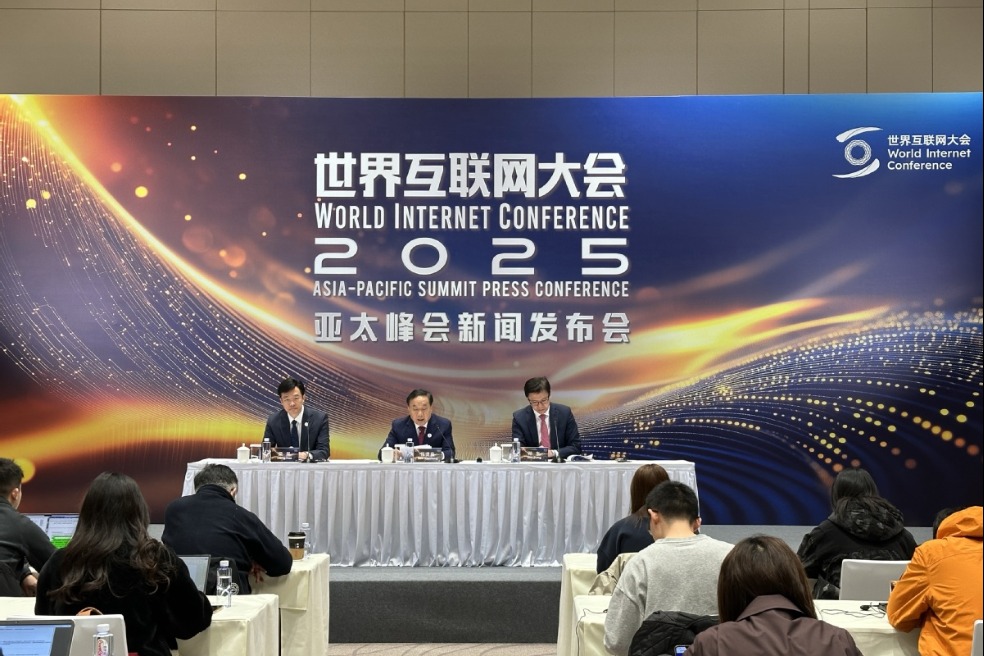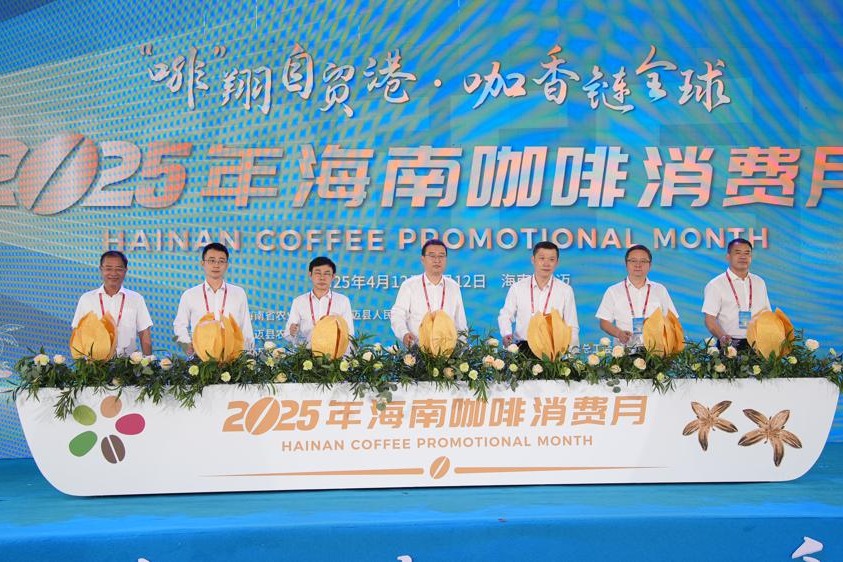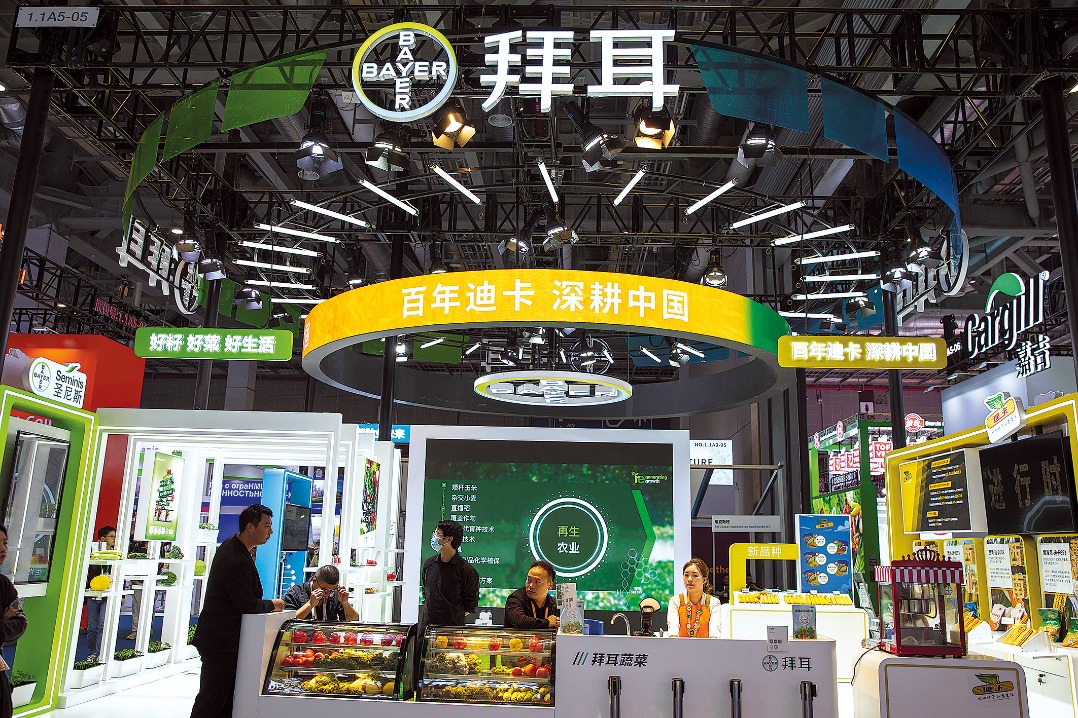Exporters shifting sales to markets at home
Domestic sellers, distributors help producers expand selling channels against tariff risks


In addition to focusing on the domestic market, Zhang said the company has carried out a dual strategy, or as he puts it, "walking on two legs".
This approach involves actively exploring new overseas markets to ensure factories remain productive amid the ongoing tariff challenges.
In addition to retailer Yonghui, Wushang Group — a leading retailer in Central China's Hubei province — released an announcement on Thursday proposing several measures such as expanding sales channels, strengthening brand promotion, providing data support and optimizing supply chain management.
The company called on its 11 shopping centers and department stores, more than 100 supermarkets, and other market entities across the country to join hands to help consumer goods exporters expand into the domestic market.
Wang Zhiming, deputy general manager of Wushang Group, said that feedback from last week's announcement has been overwhelmingly positive from suppliers.
"A total of 47 enterprises have reached out to us expressing interest in collaboration," Wang said. The majority of these companies operate in essential sectors, including daily necessities, food, textiles, home furnishings and personal care.
Wang said that they have promptly established communication with these businesses to assess their needs.
"Many are eager to secure dedicated space for their products in supermarkets or shopping centers," he said. The group has implemented a fast track to assist exporters in obtaining the necessary domestic retail certifications and qualifications, with plans to designate areas for exports-turned-domestic products in stores as early as next week.
"They've shared their struggles with us. Our domestic distributors and retailers stand as strong allies during these challenging times," Wang said.
"The domestic market has become a significant buffer zone for exporters who have hit a wall with tariffs. High-quality products that meet consumer expectations are exactly what our domestic market desires."
Yu of CTR added: "Export-oriented enterprises face several challenges when transitioning to the domestic market, including market adaptation, brand recognition and pricing strategies. Additionally, merely competing for existing demand without creating new demand can lead to price wars and declining profits."
"These enterprises, which have long relied on international orders, often lack domestic distribution networks and retail experience. Their brand awareness is also relatively low, requiring significant investment in brand building."
"Their success in the domestic market depends on several factors," he said. Enterprises must adapt to the rules of the domestic market, with precise implementation of policy support and coordinated innovation across the industry chain essential for sustainable development.
David Zhang, Asia Pacific Insights manager at Euromonitor International, said Chinese suppliers may boost domestic sales by collaborating with the government and distributors. Meanwhile, "glocalization" through local partnerships in emerging markets like Southeast Asia can help avoid trade tensions.




































